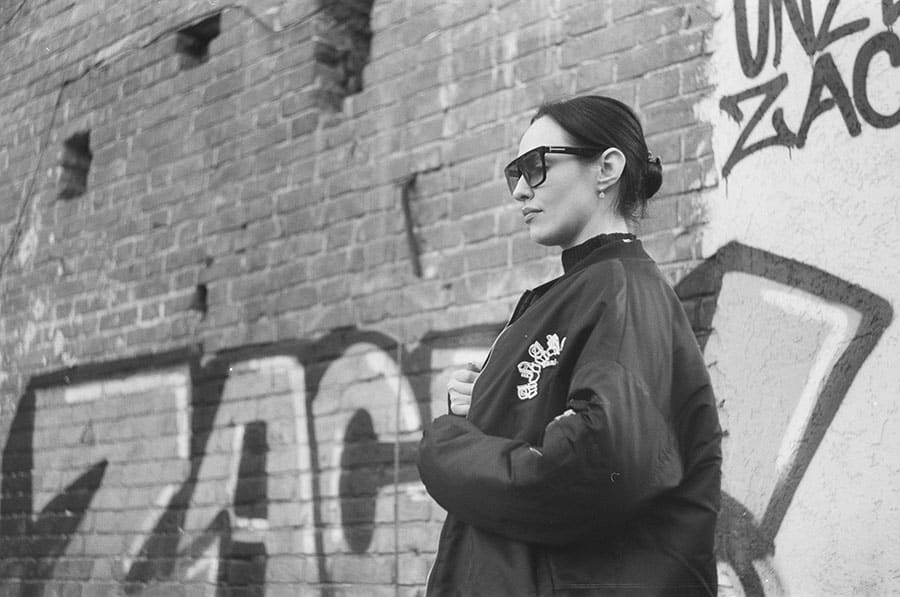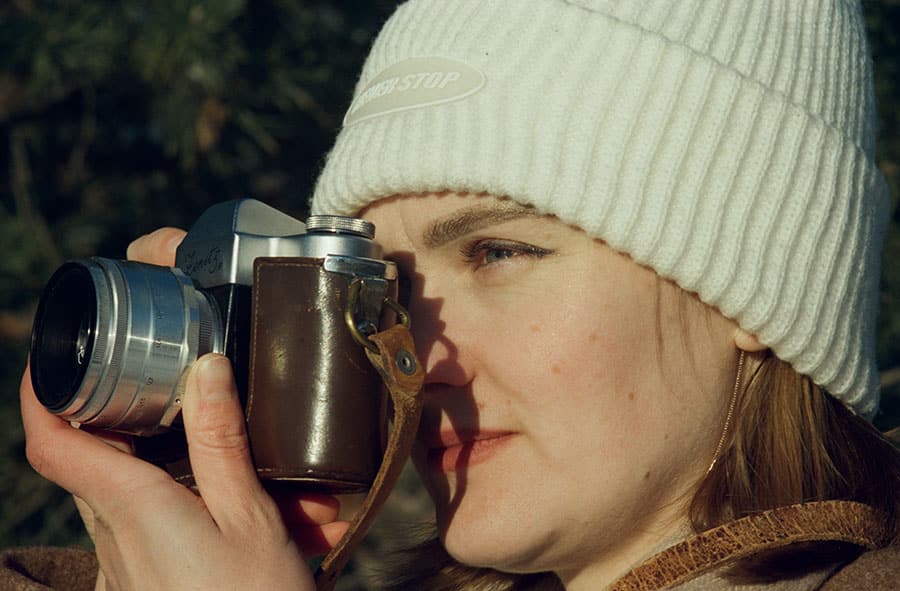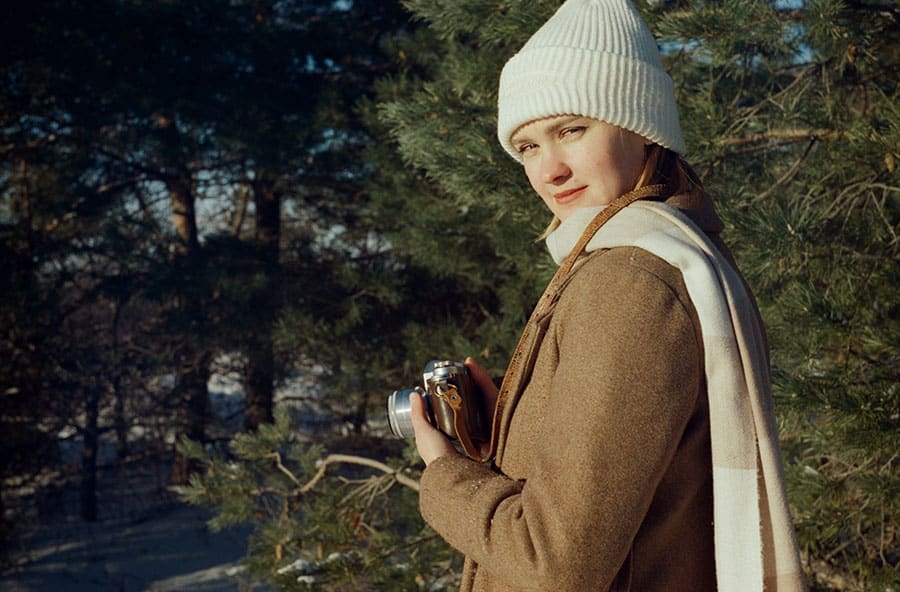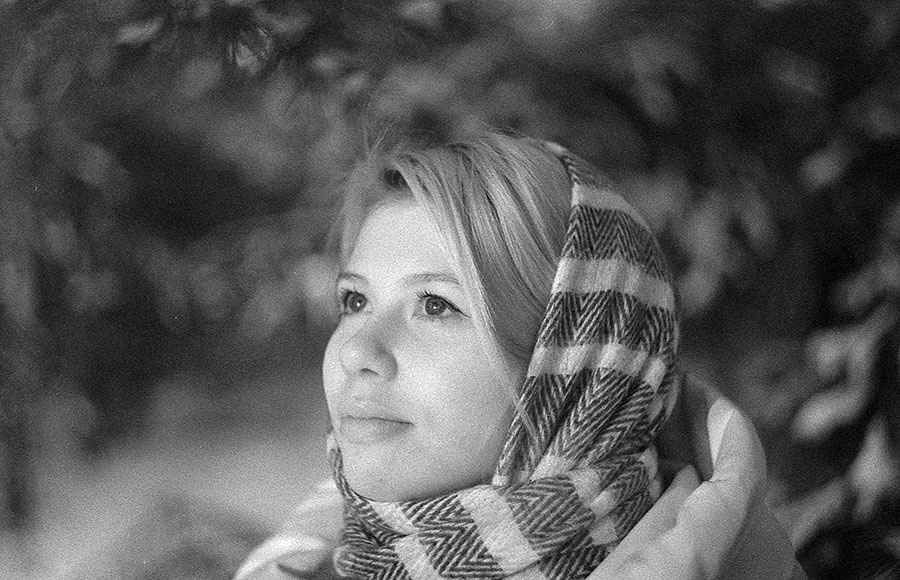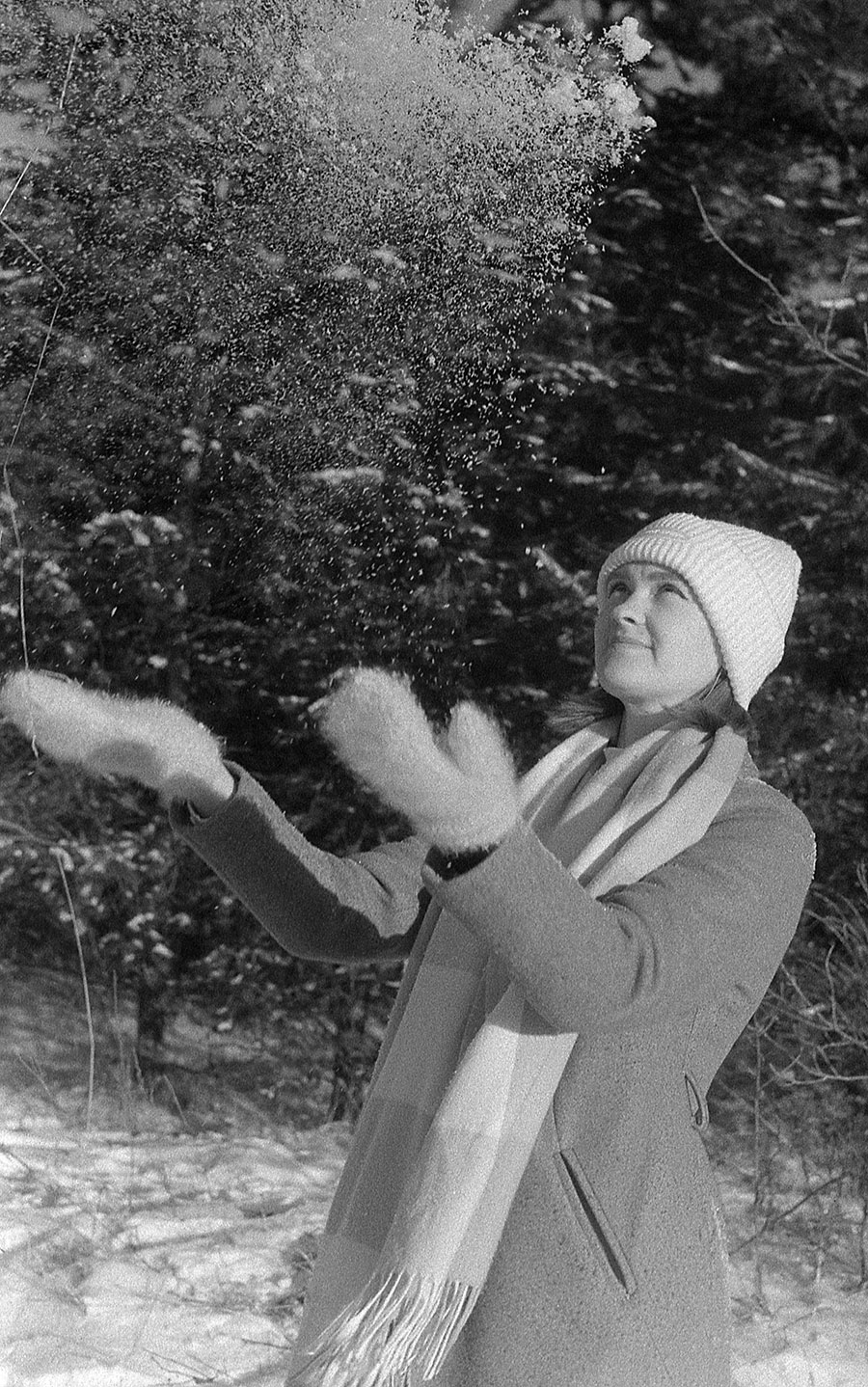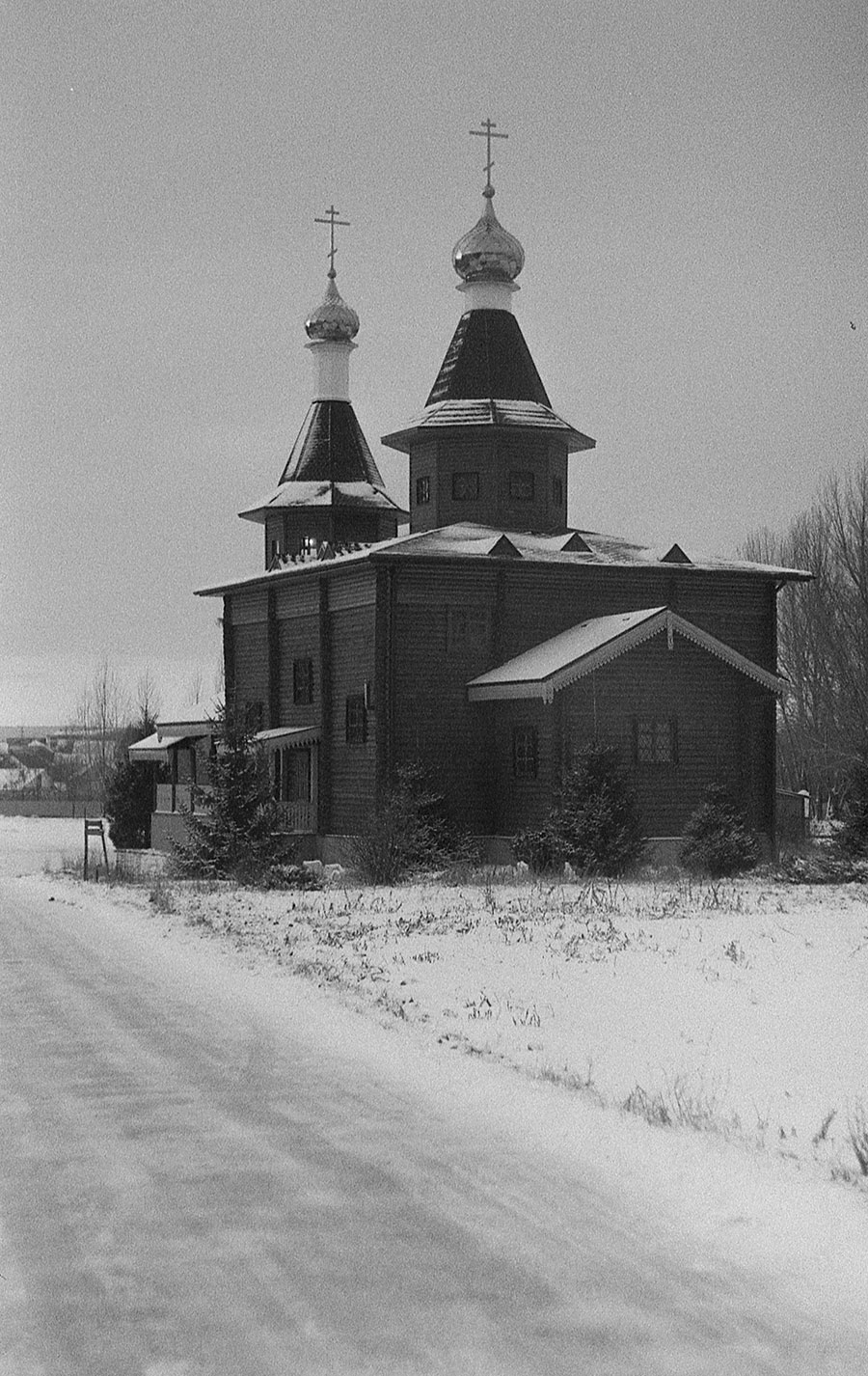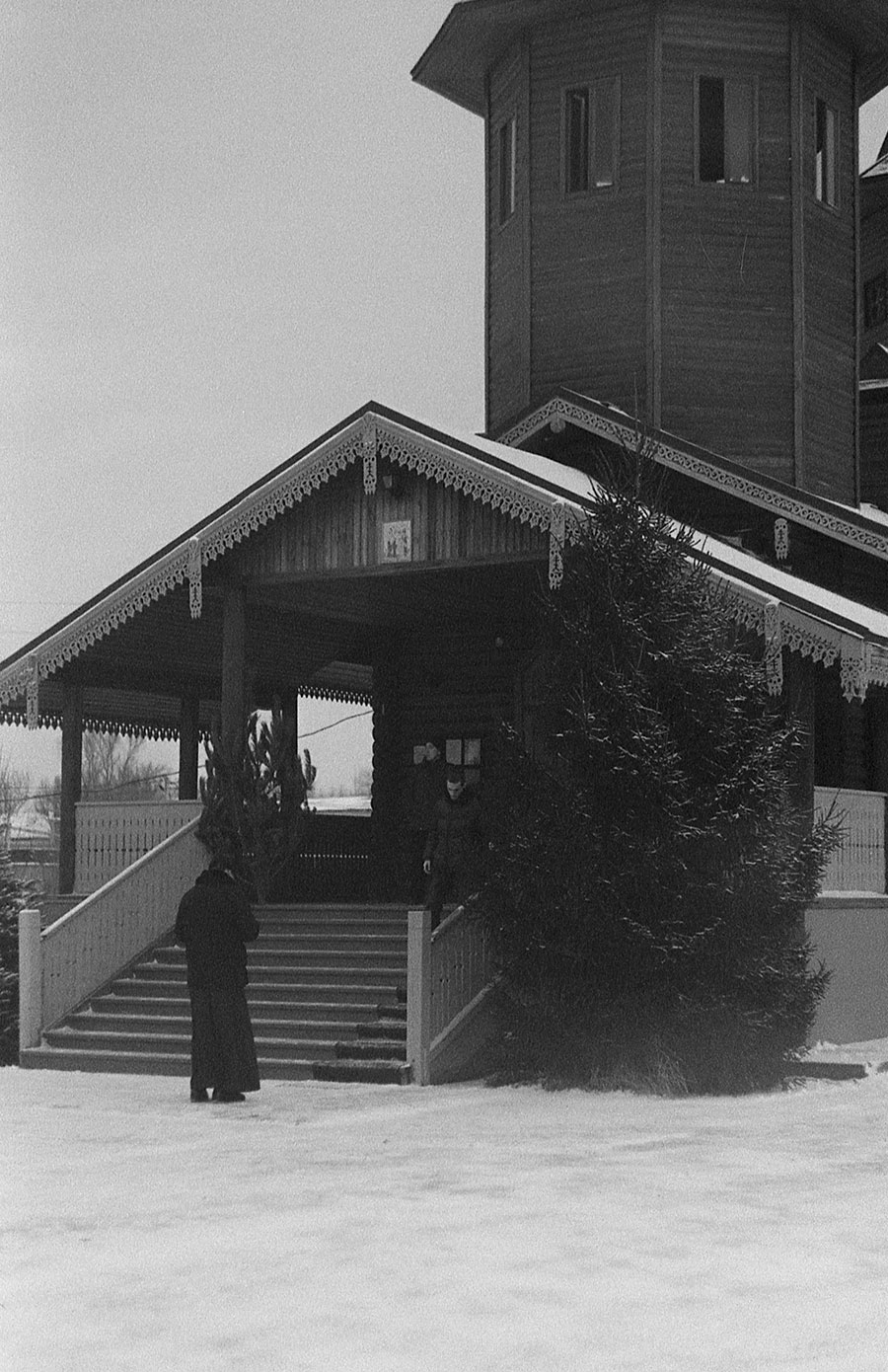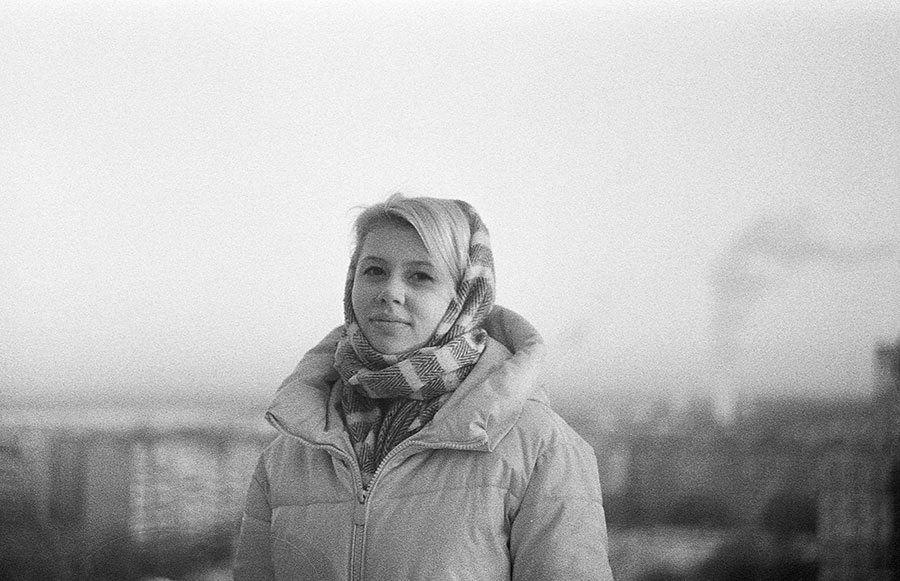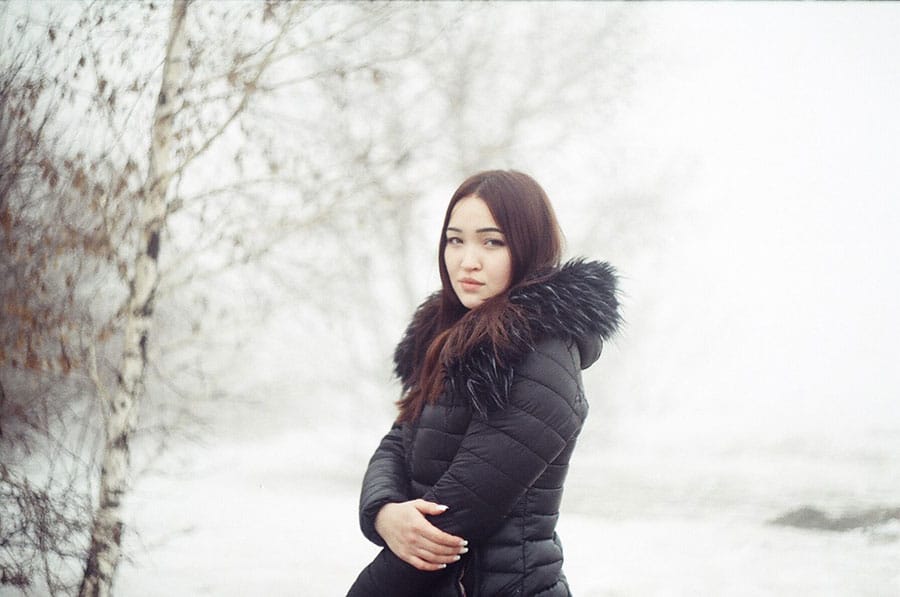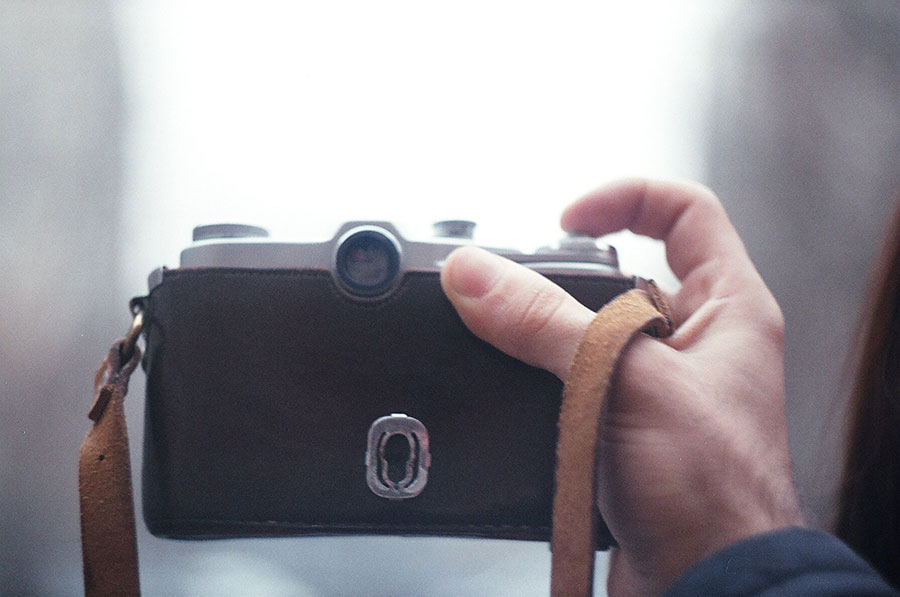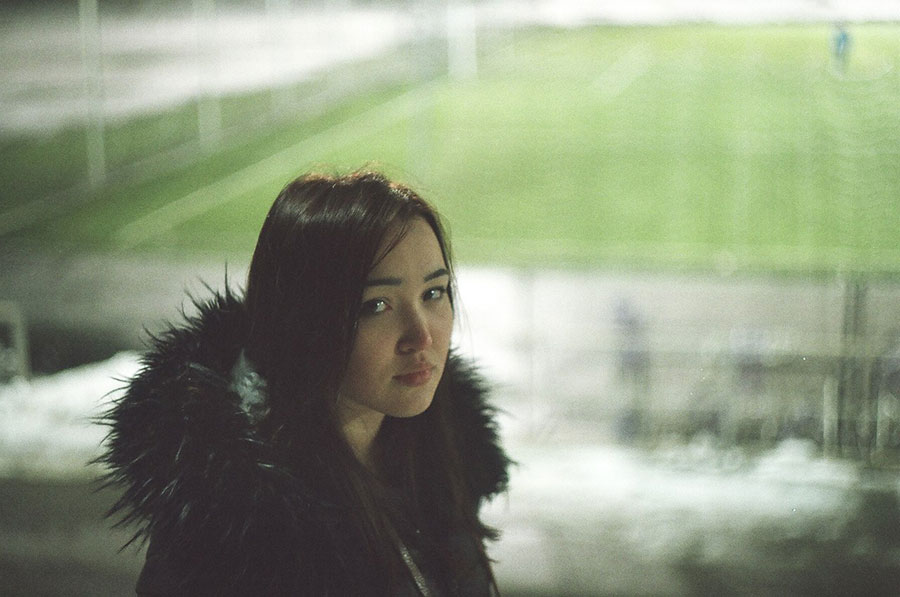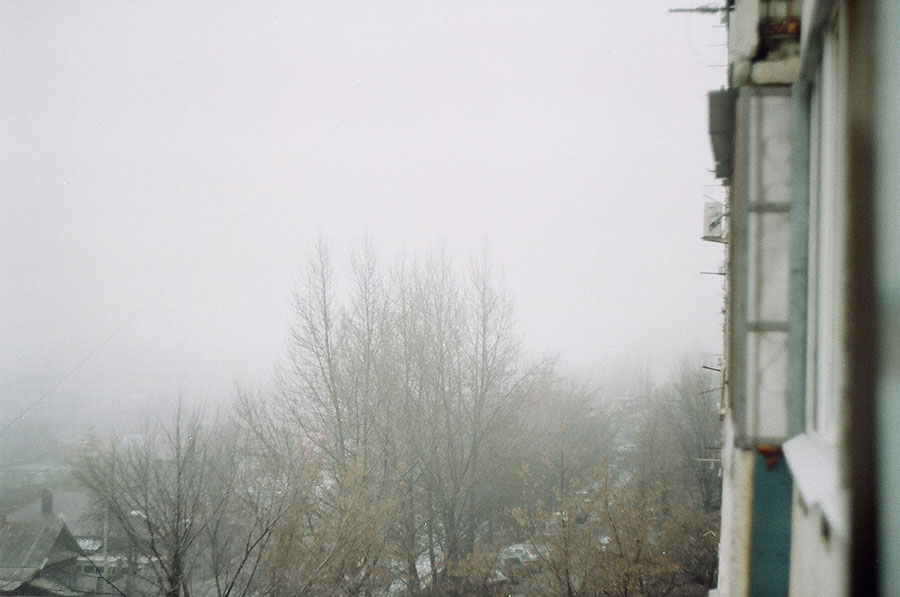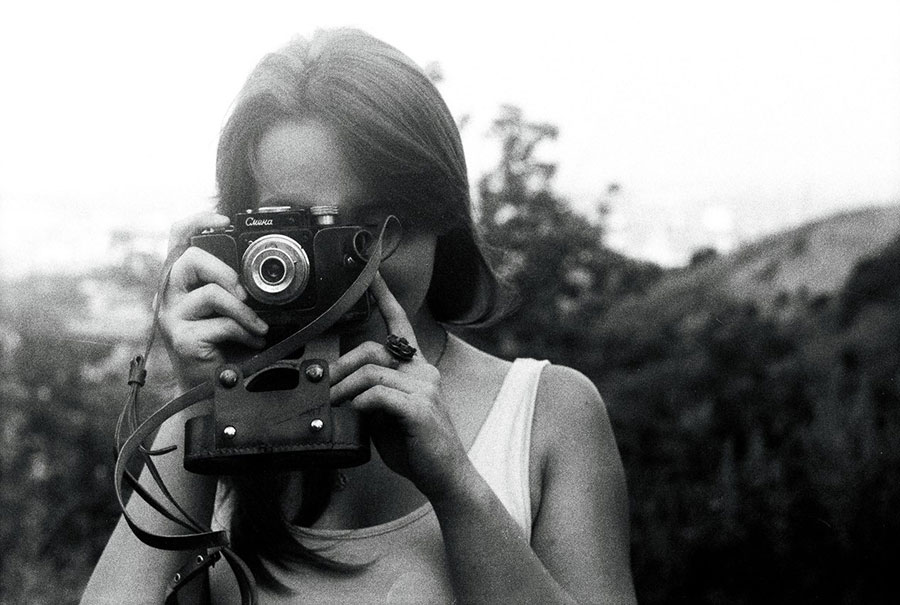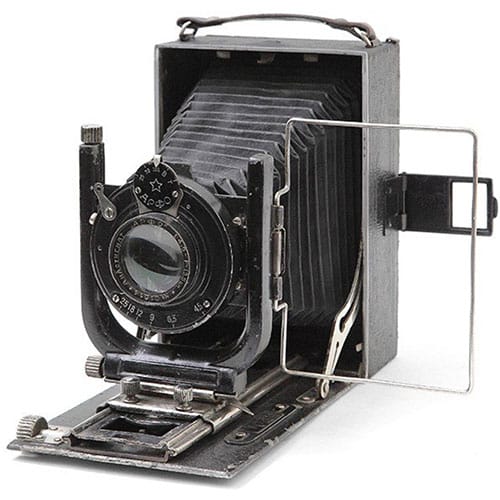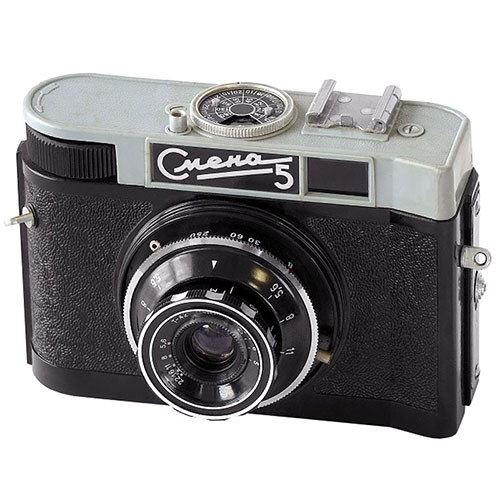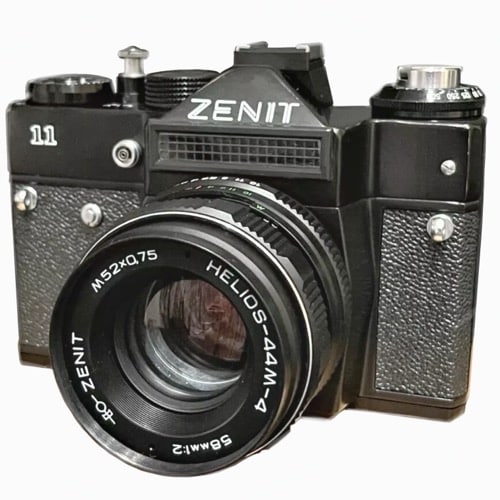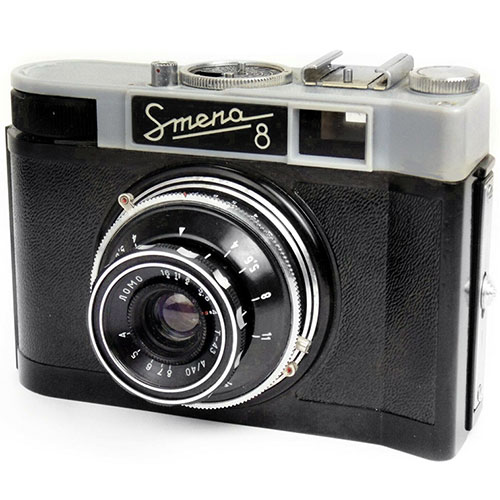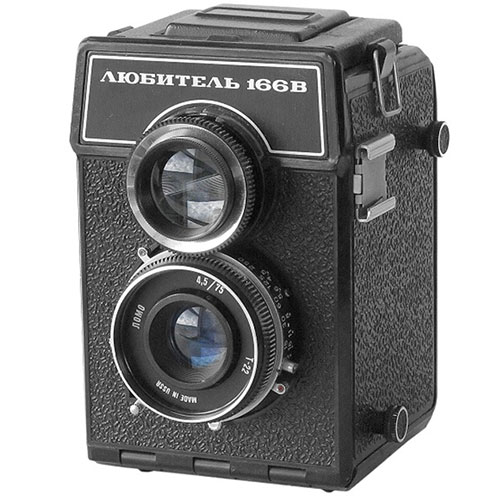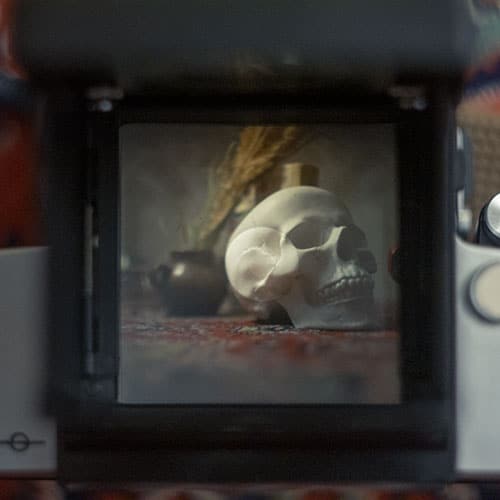Zenit-3M
Zenit-3M is a Soviet 35mm SLR camera that was produced at KMZ (Krasnogorsk Mechanical Plant) from 1962 to 1970.
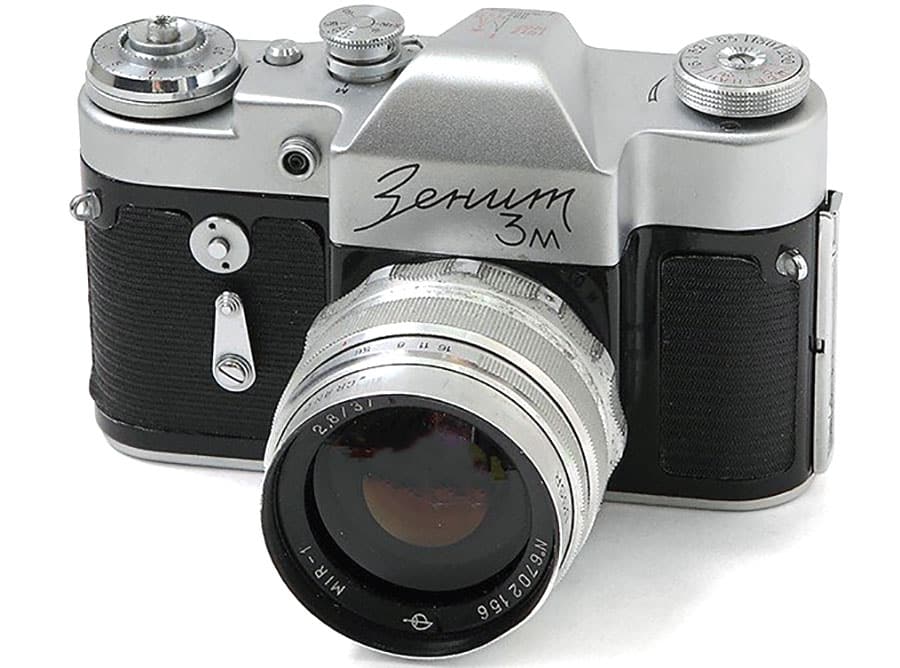
Zenit-3m was essentially an improved version of the Zenit-3 camera. The main innovation was the opening back cover. Now the Soviet photographer no longer needed to cut the film in a special way and load it into the camera from below, it was enough just to open the back cover and load the film into the camera.
Zenit-3M Specifications
- Type: 35mm SLR camera
- Manufacturer: KMZ plant
- Production period: from 1962 to 1970
- Format: 24x36cm on 135 film
- Lens mount: m39 thread mount
- Lens: Helios-44 f2.0/58
- Viewfinder image field size: 20×28mm
- Shutter: focal-plane shutter with speeds from 1/30 to 1/500 sec.
- Viewfinder: SLR with non-removable pentaprism
- Lighmeter: none
- Flash synchronisation: sync socket “X”, sync speeds from 1/30 s and longer
- Selftimer: mechanical
- Weight: 840 grams
After the great success of Zenit, Zenit-C, and Zenit-3 cameras, the KMZ plant decided to rename (for unknown reasons) the next camera to Crystall. But then, the camera got a slightly modified appearance and was renamed again to Zenit.
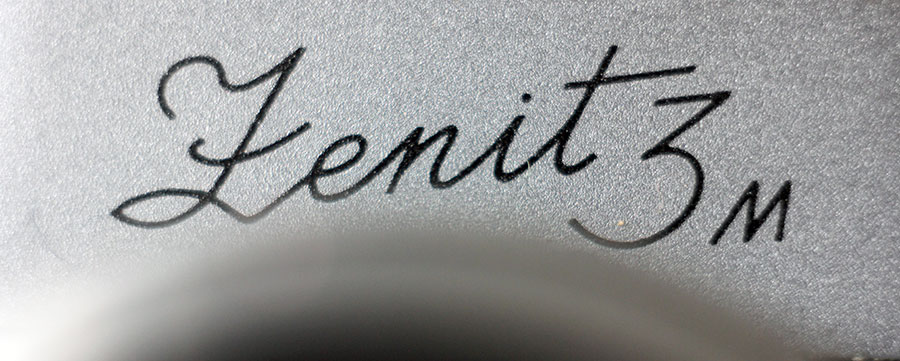
The camera was equipped with an Industar-50 3.5/50 or Helios-44 2/58 lens. Both lenses take great photos, especially considering the low price. The camera has an M39 threaded mount, which was inherited from the Leica, FED, and Zorki cameras.
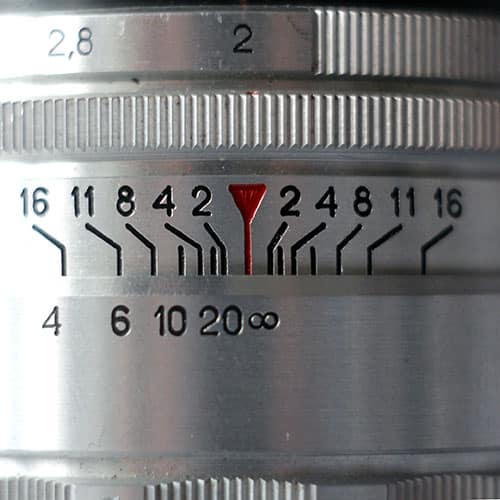
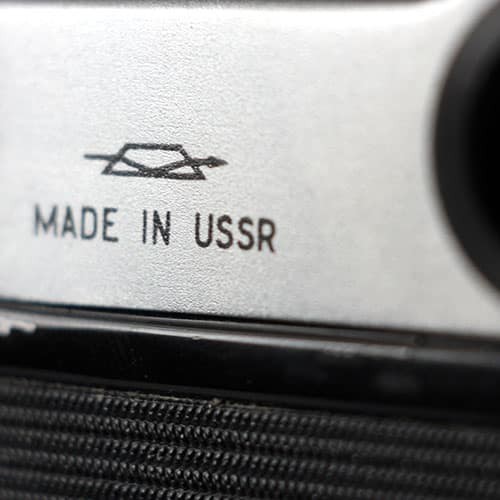
The Industar is designed according to the Tessar optical scheme, which means that photographs taken with this lens will be very sharp and contrasting. And the Helios is designed according to the Planar scheme, which means the image taken with this lens will be very voluminous, and the bokeh will be fabulously beautiful.
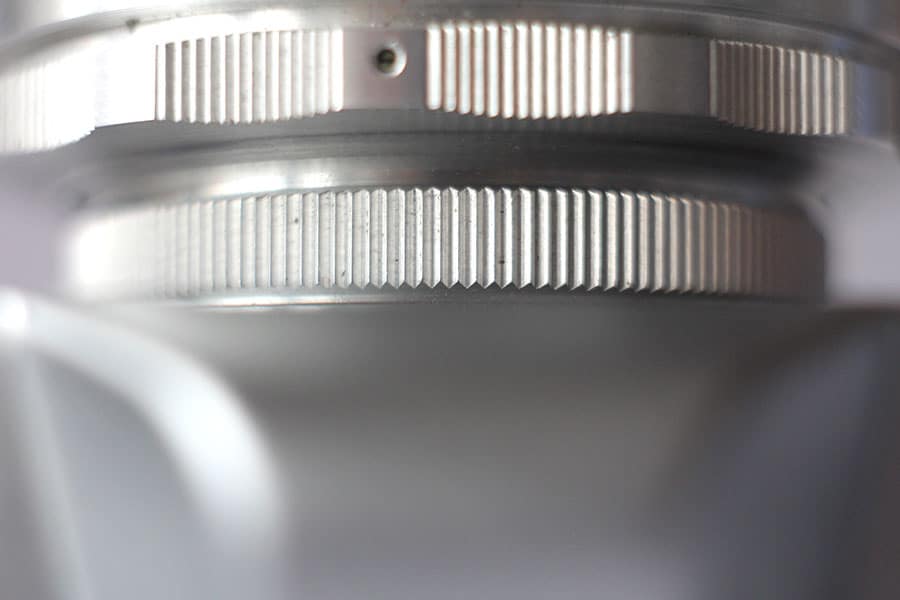
The camera was equipped with a classic KMZ shutter with shutter speeds of 1/30, 1/60, 1/125, 1/250, 1/500, and B. For the very first cameras, this set of shutter speeds was decent, but in the mid-60s, it was a rather weak set of shutter speeds.
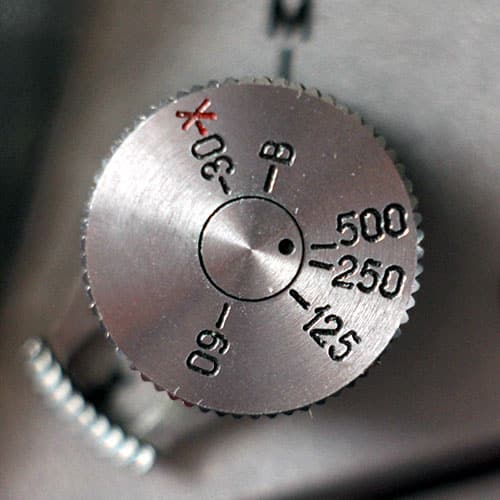
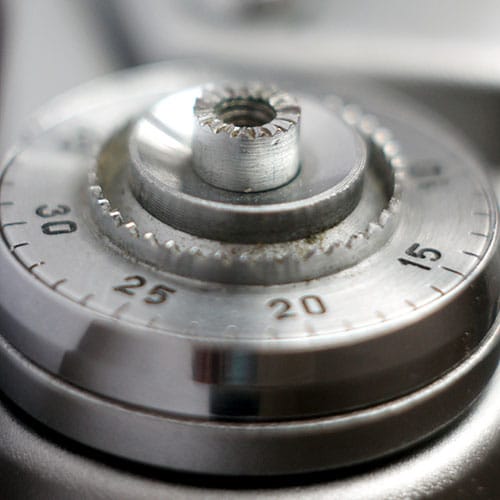
The camera also had a wired flash sync port and a self-timer, which means you can take selfies and take photos with a flash using the Zenit-3M. As before, the camera has a fairly good viewfinder with high-quality ground glass. But as in previous cameras of this brand, in the viewfinder, you see only 65% of the future photo, which is very inconvenient.
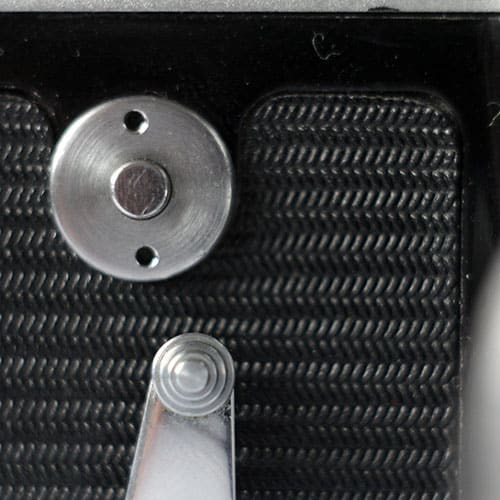
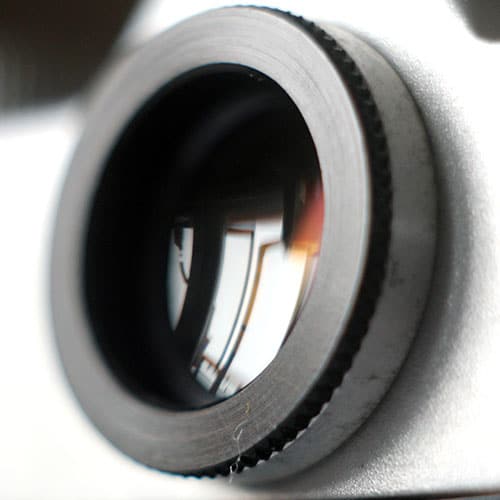
As in previous models, the Zenit-3M has a mirror that does not fall into the working position after the shutter is released, that is, you can watch the image in the viewfinder only when the shutter is cocked. On the one hand, this is inconvenient, but on the other hand, you always know when the shutter is cocked.
The camera has a very comfortable film advance lever and a less comfortable rewind knob. In the future, this knob was replaced by a more convenient film rewind crank.
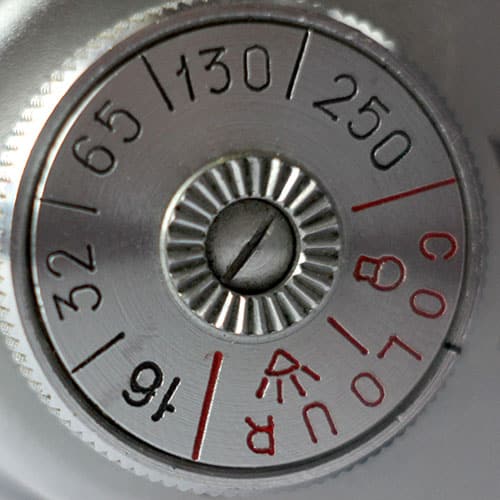
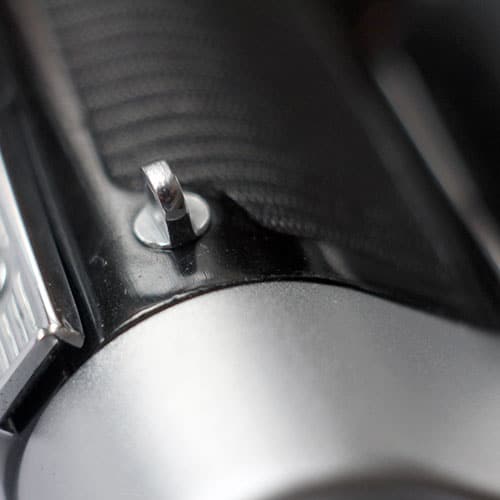
Another disadvantage of the camera is the lack of a built-in exposure meter. This somewhat slows down the process of photographing. But then again, this is more of a camera for a fairly leisurely photographing. In addition, this camera will teach you to work with the film yourself and train your skills in photographing.
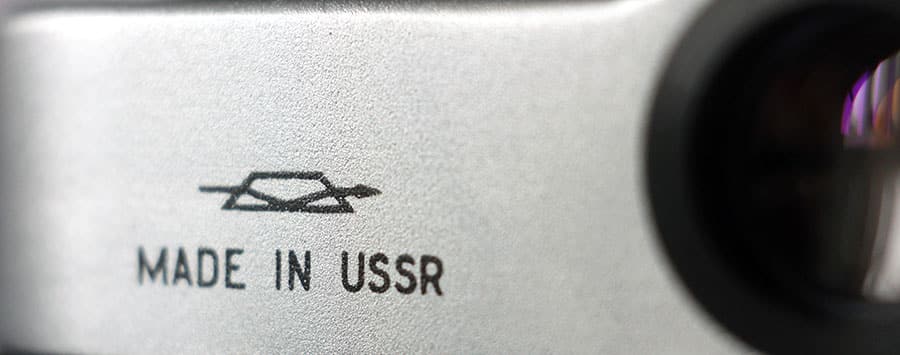
Conclusion
As has been repeatedly said on the pages of Sovietcameras.org, in the USSR, the quality of manufactured products worsened every year, and we believe that Zenit-3M is the last truly high-quality SLR camera produced at the KMZ plant.
The Zenit-3M camera is a fairly minimalistic camera, but at the same time, it has everything that is needed for a photographer. The camera is very high quality, built almost like a tank. All controls are in their places, and Leica’s legacy is still felt in the camera.
We believe that this is one of the best Soviet cameras. Yes, Zenit-3M is a very simple SLR camera, but at the same time, it gives you almost everything you need to get good shots.
ZENIT-3M PHOTOS
